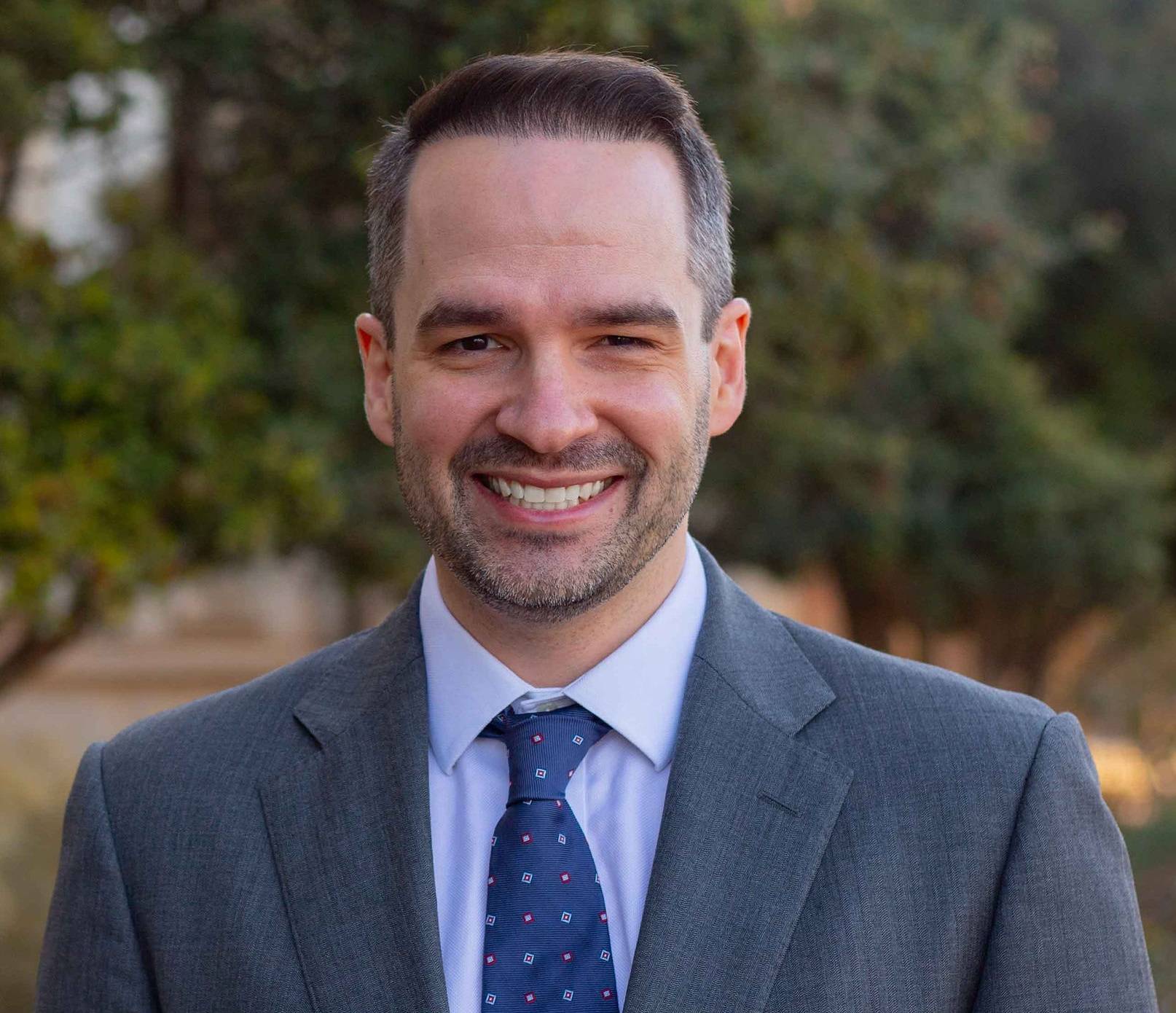

One way that something can be bad is by having bad consequences. It is usually morally bad and should generally be avoided." How is grandstanding morally bad?

I want to quote you here, "Grandstanding is worse than being annoying. Warmke joined Tapestry host Mary Hynes to discuss the morality of standing on a podium and hoping people will see you as a moral authority. The former is necessary for progress, for justice and for democracy, but the latter, Warmke believes, can be destructive for those exact same ideals. In his book, he argues that there's a fine line between fighting for what you believe in and simple attention seeking. Warmke's learned his lesson now and, along with co-author Justin Tosi, he's put together a book on avoiding the pratfalls of the social media stage, called Grandstanding: The Use and Abuse of Moral Talk. Most importantly, they show how, by avoiding grandstanding, we can rebuild a public square worth participating in.Grandstanding: The Use and Abuse of Moral Talk is published by Oxford University Press. Using the analytic tools of psychology and moral philosophy, they explain what drives us to behave in this way, and what we stand to lose by taking it too far. Drawing from work in psychology, economics, and political science, and along with contemporary examples spanning the political spectrum, the authors dive deeply into why and how we grandstand.

The pollution of our most urgent conversations with self‐interested puffery damages the very causes they are meant to advance. As politics gets more and more polarized, people on both sides of the spectrum move further and further apart when they let grandstanding get in the way of engaging one another. To philosophers Justin Tosi and Brandon Warmke, who have written extensively about moral grandstanding, such one‐upmanship is not just annoying, but dangerous. Nowhere is this more evident than in public discourse today, and especially as it plays out across the internet. We want to be seen as taking the moral high ground not just to make a point, or to move a debate forward, but to look a certain way-incensed, or compassionate, or committed to a cause. We vilify those with whom we disagree and make bolder claims than we can defend. We call people terrible names in conversation or online.


 0 kommentar(er)
0 kommentar(er)
